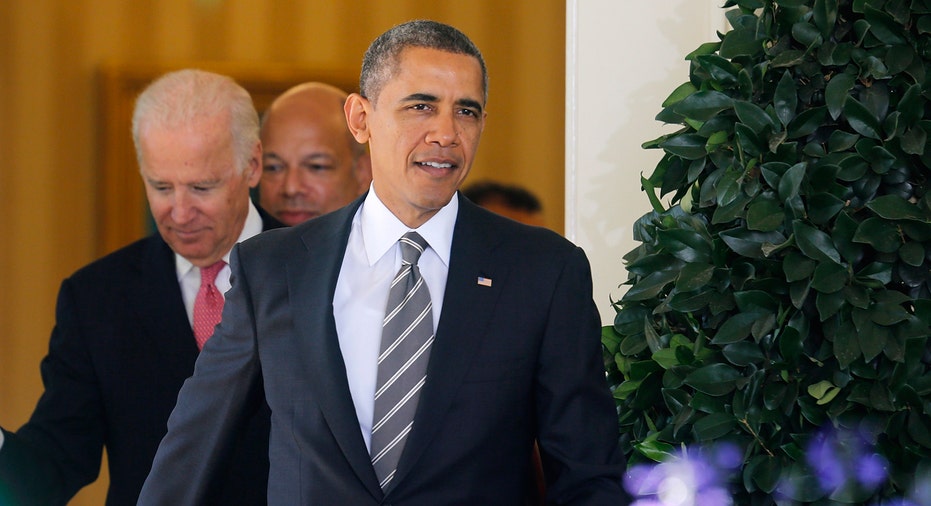ObamaCare Recap Week 19: Support Drops Among the Uninsured

With exactly two months left until open enrollment period ends, ObamaCare ends its 19th week. And a new poll finds that the uninsured—the population the Affordable Care Act most needs to function—are displaying weakened support for the president’s reform law.
Kaiser Health’s Tracking Poll for January, released Thursday, finds 47% of the uninsured have an unfavorable view of the law, versus 24% of those who have a favorable opinion. More of those without coverage say the law has made the uninsured “worse off,” at 39%, compared to 26% who say the law has made the uninsured “better off.”
The reason for the drop in support is likely frustration, says Paul Howard, director of the Center for Medical Progress at the Manhattan Institute.
“The people who find the law the most attractive have probably already gone and shopped and found coverage,” Howard says. “So the remaining pool are the least likely to ‘like’ the law, they probably have a negative perception.”
Susan Dentzer, senior advisor to the Robert Wood Johnson Foundation, says the poll reflects a “huge irony.”
“It underscores the real issue, that there are lots of uninsured people that are not aware of the financial assistance that is available to them under the law,” Dentzer says. “They probably don’t know the subsidy dollars that are available, which is shocking, but true.”
Under the ACA, every individual in the country has to have coverage by the end of open enrollment period on April 1, or they will face a fine of $95 a year or 1% of their annual income for failing to comply. Subsidies are available for those making up to 400% of the federal poverty level, which is $45,000 for an individual and $94,000 for a family of four, annually.
Obama’s State of the Union Health-care Mention
The president briefly spoke about his signature law during his State of the Union address this week, touting the successes it has seen since open enrollment kicked off on Oct. 1, but glossing over its rocky rollout. Critics predictably jumped on his lack of attention to the law during the speech, but ACA supporters say the focus should be on moving forward.
Dentzer says it was clear Obama wasn’t interested in the past and wanted to move forward with his discussion.
“It was pretty clear he wanted to address the bigger picture,” Dentzer says. “He didn’t cite the problems with Healthcare.gov, or the improvements to the site. He tried to draw people’s attention to the big bottom line.”
Obama also carefully touted enrollment numbers, citing 9 million people who have “signed up for coverage” including Medicaid and the Children’s Health Insurance Plan, along with exchange enrollees, as it is still unclear if they have paid their first month’s premiums or not.
“He also emphasized the affordability aspect of the law with his example of a physician assistant, who had emergency surgery shortly after Jan. 1,” Dentzer says. “It would have bankrupted her had she not had coverage.”
Doctor confusion
Even though the law is well into its implementation, consumers aren’t the only ones expressing confusion over ObamaCare. A new survey from QuantiaMD finds 84% of doctors say they don’t have a clear understanding of the law, nor do they feel they have enough information to properly explain the law to patients.
“I absolutely think physicians are only slightly less confused than the general public about the law,” Dentzer says. “This is new for everyone, and providers aren’t insurance experts—they are finding out details along with everyone else.”
And as consumers are expressing confusion and issues in trying to use their new coverage, doctors are left to pick up the pieces, Howard says.
“Physicians are the sharp point of the spear here,” he says. “If people enroll late, or have trouble finding a particular piece of information about their insurance, doctors have the same issues determining the answer.”



















